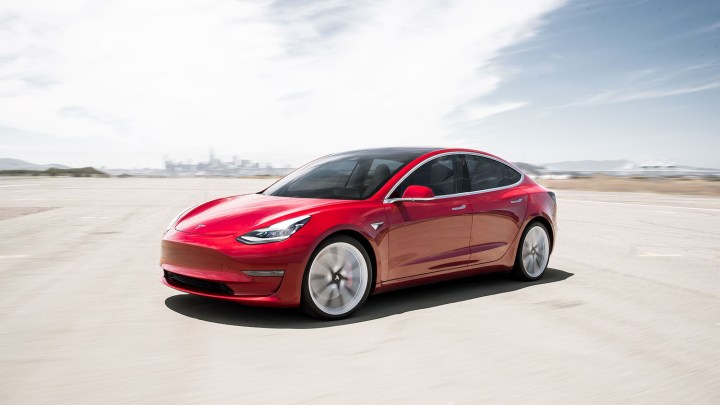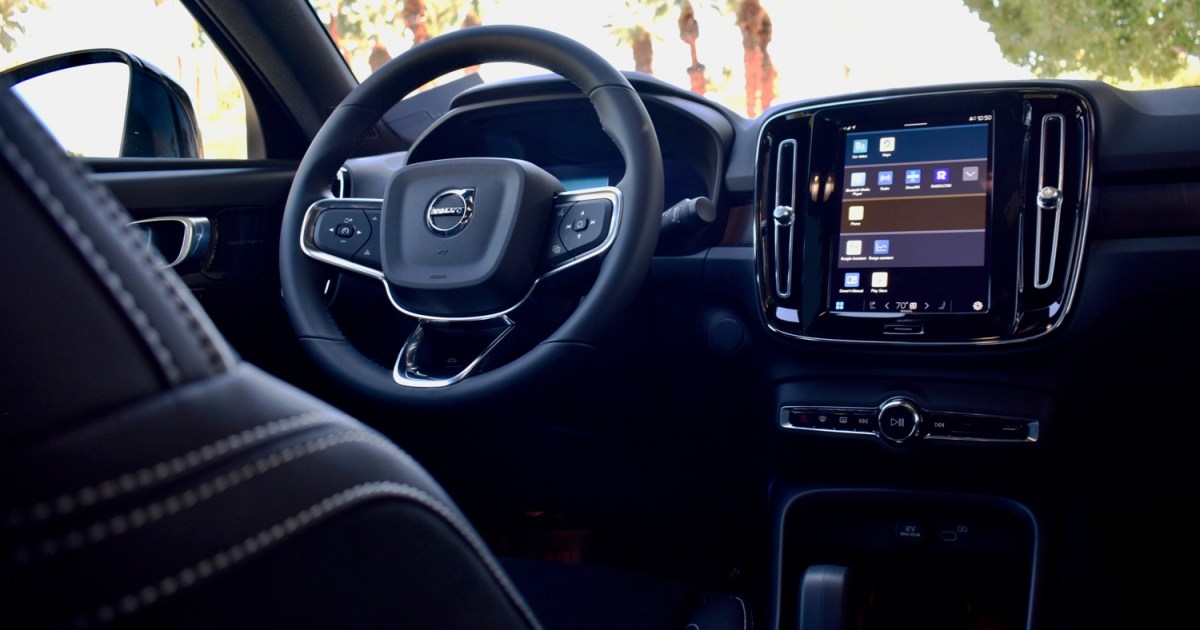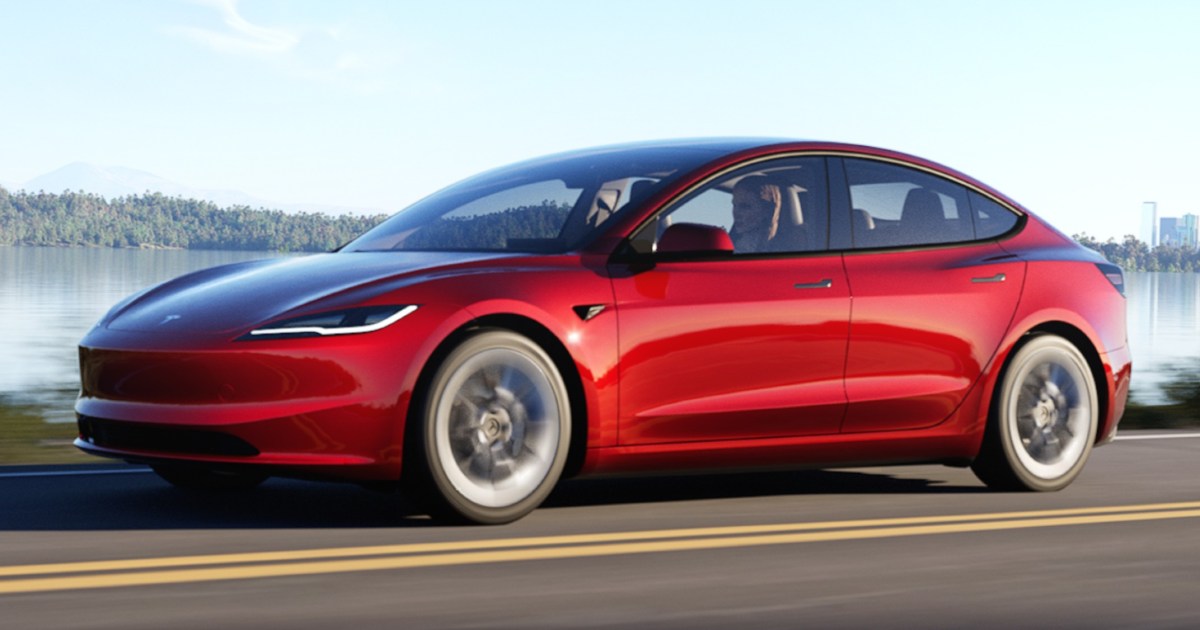Your car insurance provider might know more about your driving habits than you realize. Modern internet-connected cars are constantly tracking data, and this information is often shared with data brokers who then sell it to insurance companies, impacting your premiums. This data collection occurs whether or not you actively participate in usage-based insurance programs.
Major car manufacturers like General Motors, Ford, Kia, and Subaru are sharing data with brokers such as LexisNexis and Verisk. These brokers analyze the data and provide it to insurance companies, who then use it to calculate a driver’s “risk score,” ultimately affecting insurance rates. This data collection happens behind the scenes, raising concerns about transparency and user consent. While some drivers opt into programs that track their driving in exchange for potential discounts, data is being collected regardless of participation.
The Data Collection Process: From Your Car to Your Insurer
The process typically begins with your car’s built-in telematics systems, which collect data on various aspects of your driving, including braking intensity, cornering speeds, and mileage. This data is then transmitted to the automaker. From there, it’s shared with data brokers who process and package the information for insurance companies. The insurance companies use this data to create a profile of your driving habits, influencing the premiums you pay.
 A Tesla Model 3 electric car.
A Tesla Model 3 electric car.
Privacy Concerns and the Need for Regulation
This practice raises significant privacy concerns, especially given the extent of data collected. A 2023 Mozilla report revealed that cars are among the worst offenders in terms of data privacy, tracking not just driving habits and location but also potentially sensitive information. All carmakers were implicated in the report, with Tesla highlighted as a particularly egregious example.
The lack of transparency and control over this data collection is troubling. Many drivers are unaware of the extent of the data being gathered and how it’s being used. This raises ethical questions about informed consent and the potential for discriminatory practices based on the collected data.
Efforts Towards Greater Transparency and Control
Fortunately, there’s growing momentum to regulate data collection practices in the automotive industry. U.S. Senator Ed Markey (D-Massachusetts) has been vocal about this issue, urging the Federal Trade Commission (FTC) to investigate the data privacy practices of automakers. In a letter to the FTC, Senator Markey expressed concerns about the lack of limitations on data collection, use, and disclosure, emphasizing the need for greater consumer protection.
The Future of Car Data and Privacy
As cars become increasingly connected, the issue of data privacy will only become more critical. Striking a balance between leveraging data for improved safety and services while protecting driver privacy will be a key challenge. Increased regulation and greater transparency from automakers and insurance companies are essential to ensuring that drivers have control over their data and are protected from potential misuse. The ongoing efforts by policymakers like Senator Markey are a crucial step towards achieving this balance.











